Free Fire Guide to Entering Houses: Learn to Create Spaces

Being an Entry is one of those roles that everyone has to do at times, but only a few players actually understand it. For the most part, players see entering as a sacrificial role, but in reality, if done well you can actually hard carry your team to booyah with it. In this Free Fire guide, you will get a breakdown of a key concept of this game, so that you can better understand it at a higher level. This guide is going to dive into the more specific aspects of Free Fire and discuss the concept of entry.
What is an Entry?
Everyone has heard of the entry role and probably knows the gist of what they do. Basically, the entry is the first person running in during a rush and is in charge of breaking open the defense from the front lines. Usually, you’ll see characters like Chronos and Wukong pull off this role in Free Fire.
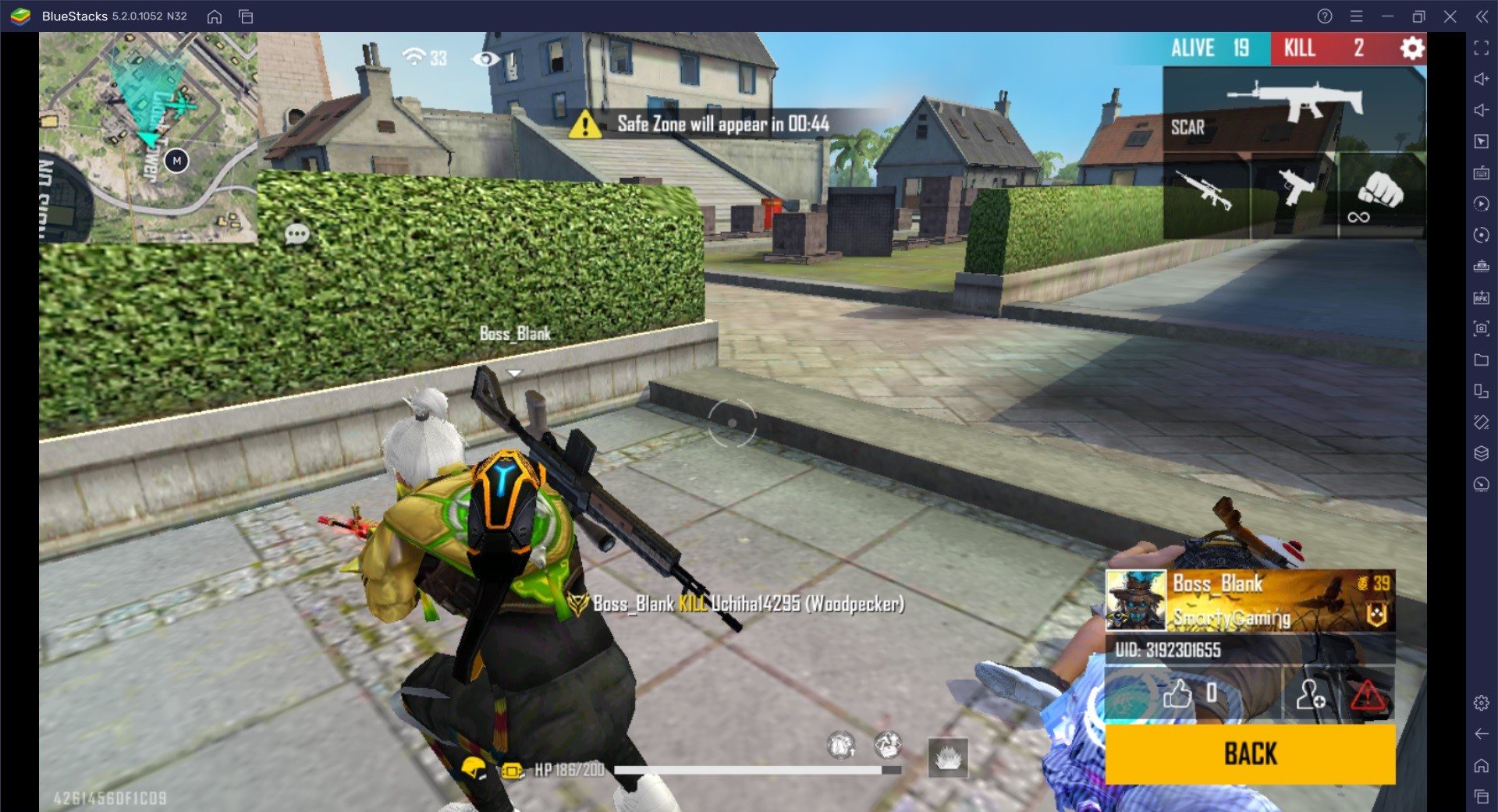
Having an entry isn’t reserved for only a few players on a team, but can actually vary from situation to situation. So, even if you mainly play a mid or support, it still helps you greatly to learn how to enter when necessary. Even if you don’t need to do an entry, knowing how an entry thinks and plays helps you find better ways to support them. It also can help you find ways to counter them when you’re playing on the defense.
Creating Space
The first and most important responsibility of an entry in Free Fire is to create space for your team to work with. Since you’re the first person in, your goal is to take as much control as possible so that you can give your team more room to work with. Which also means giving the enemy team less room to contest you. The idea is simple, but it’s hard to pull off. Basically, you have to either bully your opponents to be scared of you and back off. If that doesn’t work, then you need to take it straight to their face and take them out if they’re not willing to budge.
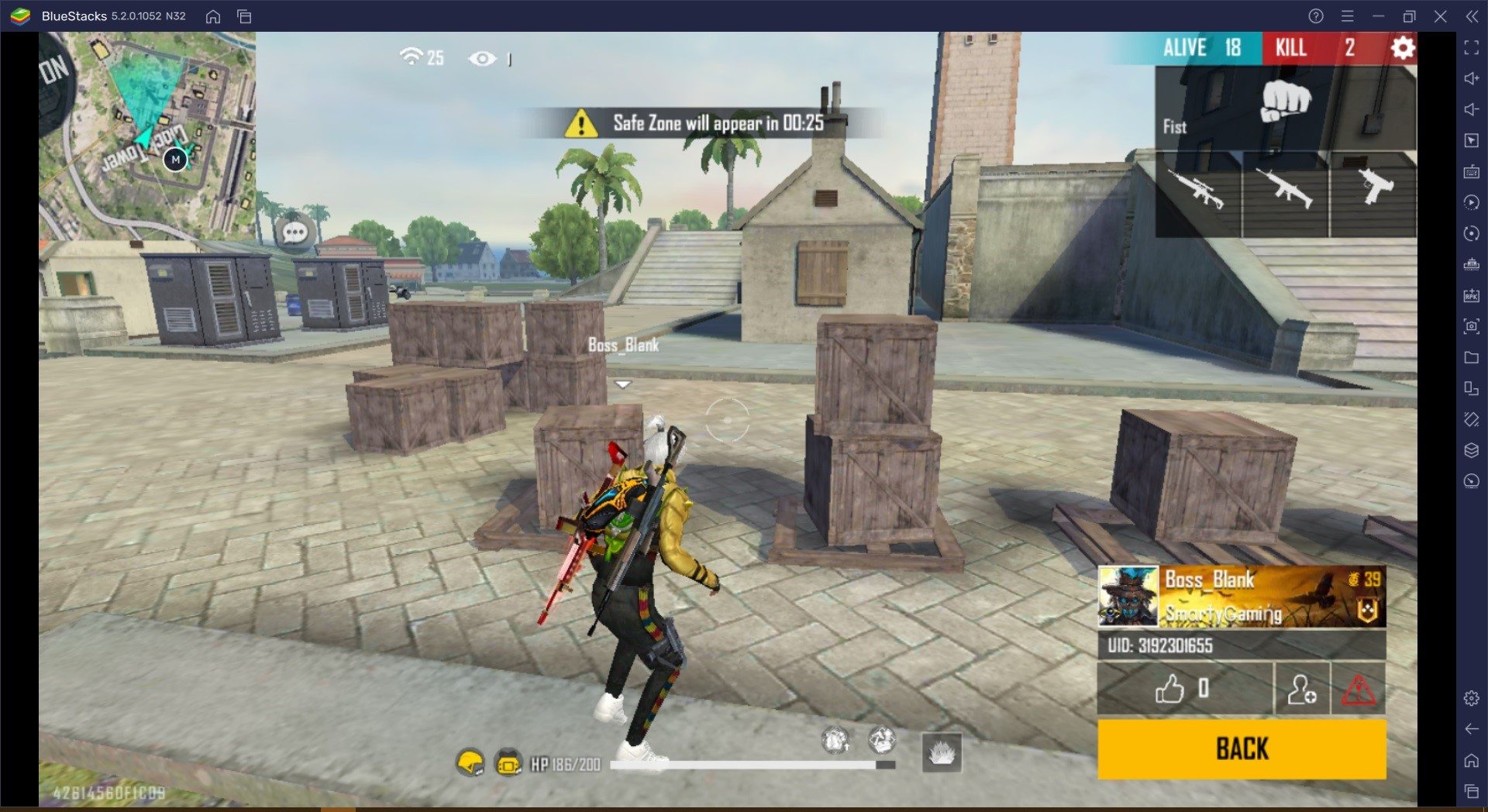
Either way, you’re likely to run into a situation where your life is at stake and fighting is your only option. Now, there are a few reasons why creating space is such an important part of a successful rush. Creating space gives your teammates room to breathe. They have more options to spread out and attack from different angles. On the same note, it also pushes back the enemies because they have less room to work with to contest you back. If you’re fighting somebody who is already pushed up to your face or is threatening to fight you where you stand, it means that his teammates can be anywhere behind them.
Even if they aren’t, you have to accept that possibility. The front line dictates how much control you have. Another reason is for the sake of breaking past choke points. Typically, entrances are choke points that act as a funnel. An entry, creating space by breaking through chokepoints without dying, is very important to successfully take on squads.
Entry’s Job
A common misconception that Free Fire players make when they think about an entry’s job is that they’re supposed to sacrifice themselves for the sake of creating space. While it is true that an entry is very likely to end up dying in the process of taking on a squad, being alive is still a crucial part of controlling it. To demonstrate this, let’s think outside of entries and consider the role of a lurker. When a lurker is on the other side of the house or cover, even if they’re not pushing into the enemies and taking fights actively, they’re providing their team with a ton of information. If your lurker dies to a push every game, that makes that side of the unknown area a bigger question mark.
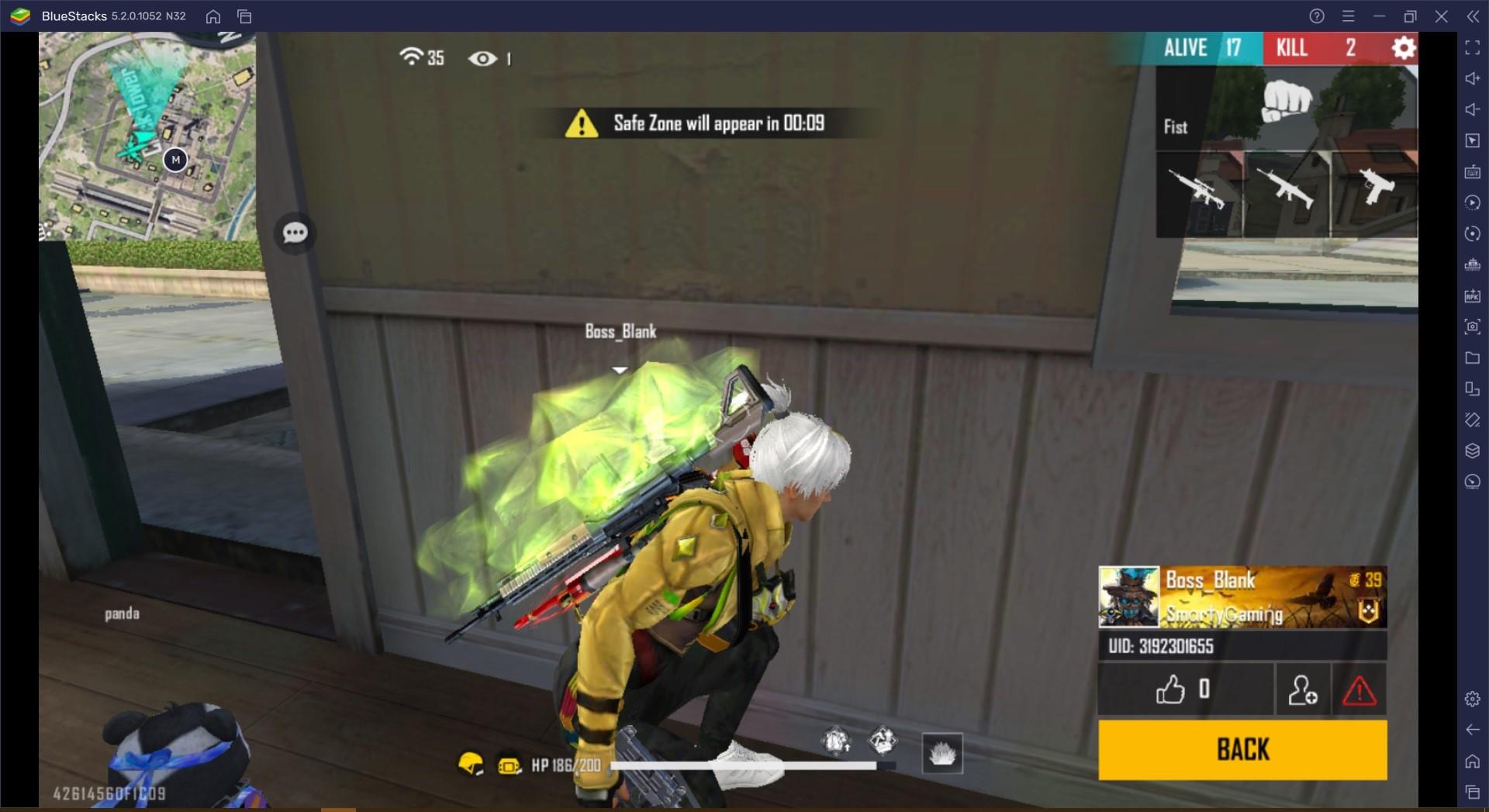
You no longer know where the enemies could be. This is sort of the same concept for Entries. If you create space and make it hard for the enemy to kill you, as long as you are alive the enemies can’t push through. Your teammates have space to work with and set up with. But if you die while creating space, you could very well lose a majority of the space that you just created if the enemies decide to then push. So being an entry does not mean willingly running down in the name of creating space. There is a delicate balance of creating space aggressively and also having the death wish. That doesn’t mean they have to be scared of taking advantageous fights.
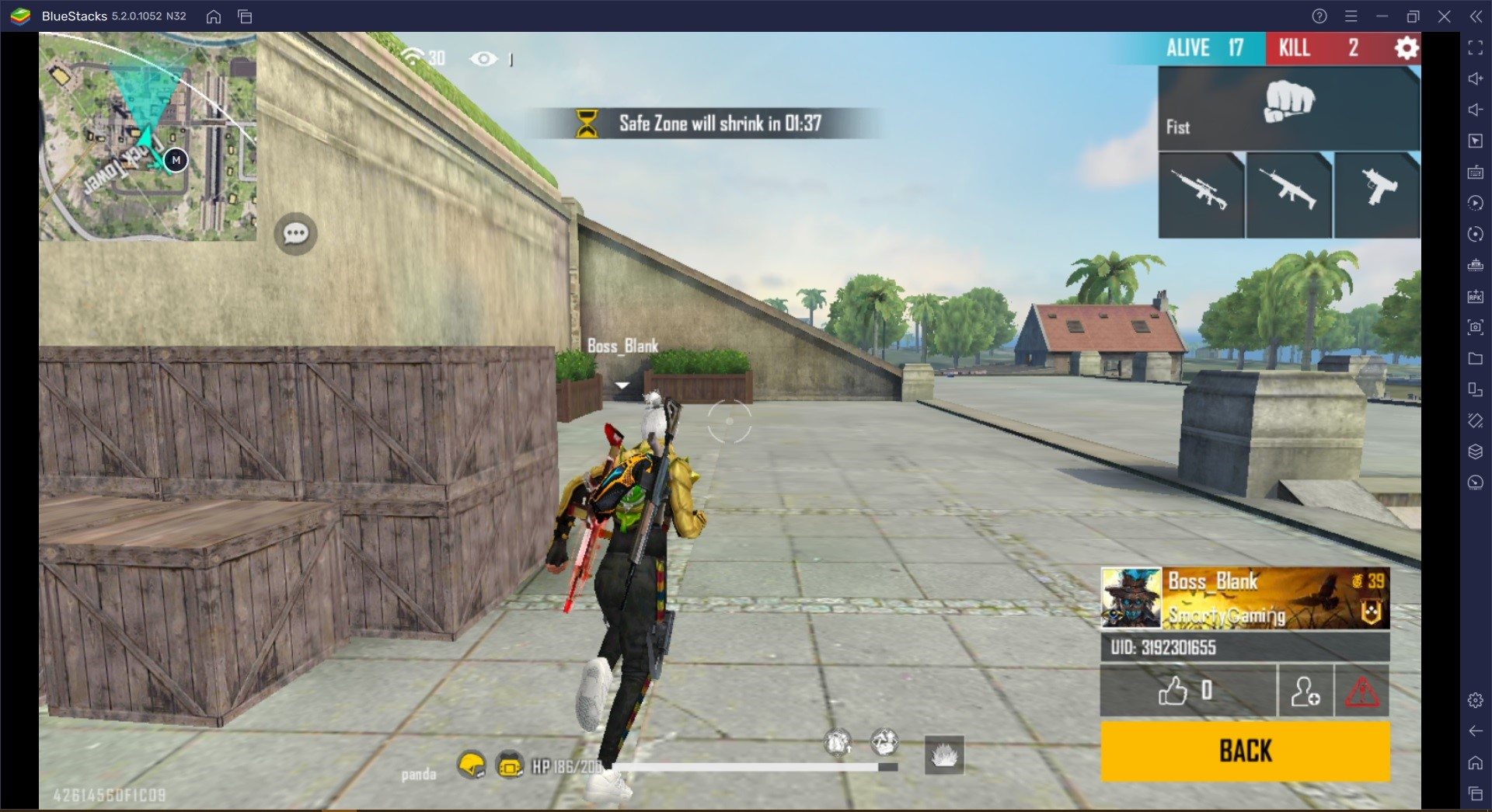
Basically, don’t chase fights blindly. Getting the opening kill is actually worth a lot more compared to any other kill. Let’s say that you’re the entry. If you die at the first enemy, then your teammates will likely trade you, and it’s an even match. If you get the first kill, not only did you take one of the enemies out, you’re also alive for the next fight. This means that if you take the fight to the next enemy and die, your teammates can then trade for that kill instead. Winning the first engagement means getting two kills of value. Pair that with the fact that each kill means that you create more space and also take away more space from the enemies, you’ll quickly realize how valuable being able to get a kill as an entry can be.
Of course, don’t just rush into the enemies for the sake of fighting if you’re already in a good position. For success, being alive is the most important part. Now you know why the entry is important, and the ground rules for what being successful as an entry entails. The single most important tool of entry that you can control is your path. While there are other things that can support your entry such as grenades and cover fire. Those are things that your teammates have to do for you in most cases. In ranked games, you can’t always rely on your teammates. As such, it’s in your best interest to find the safest and most efficient way to create space.
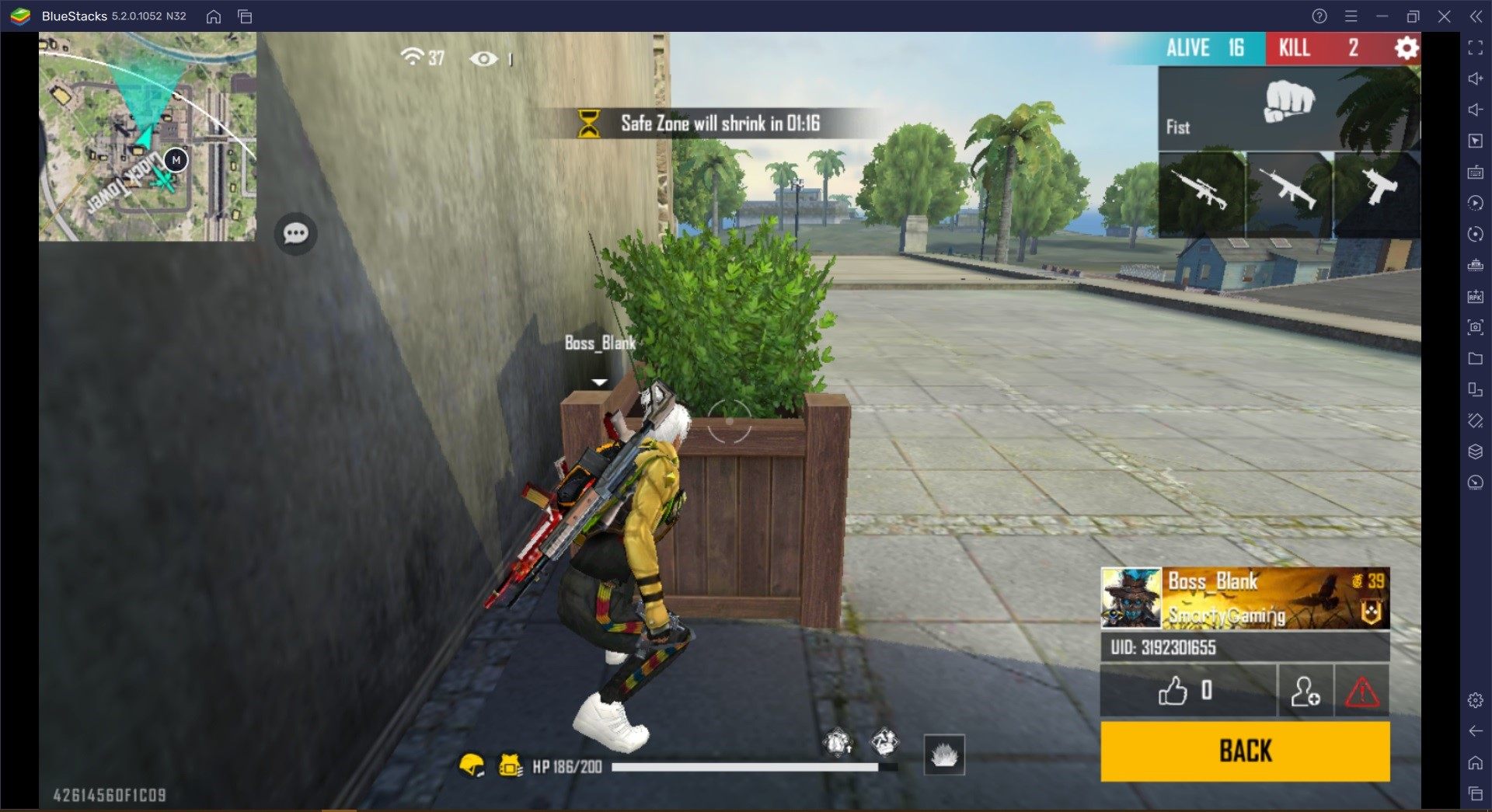
This means choosing a path that contributes the most towards your goal while isolating fights as much as possible. But in order of importance, the efficiency in creating space is actually more important than the safety. What this means is once you know the most efficient route to take space quickly, then you consider what the safest way of taking that route looks like. The role of an entry is to adapt to any given situation and find the most efficient and safe way to create space for your team. A good entry needs to embrace the risky nature of being the first one in with stride. Then adapt their play style to create space while also not being scared to take fights when necessary. Of course, everything is in moderation. So you need to find the perfect balance of aggression to create the most impact for your team to succeed in a rush.
















